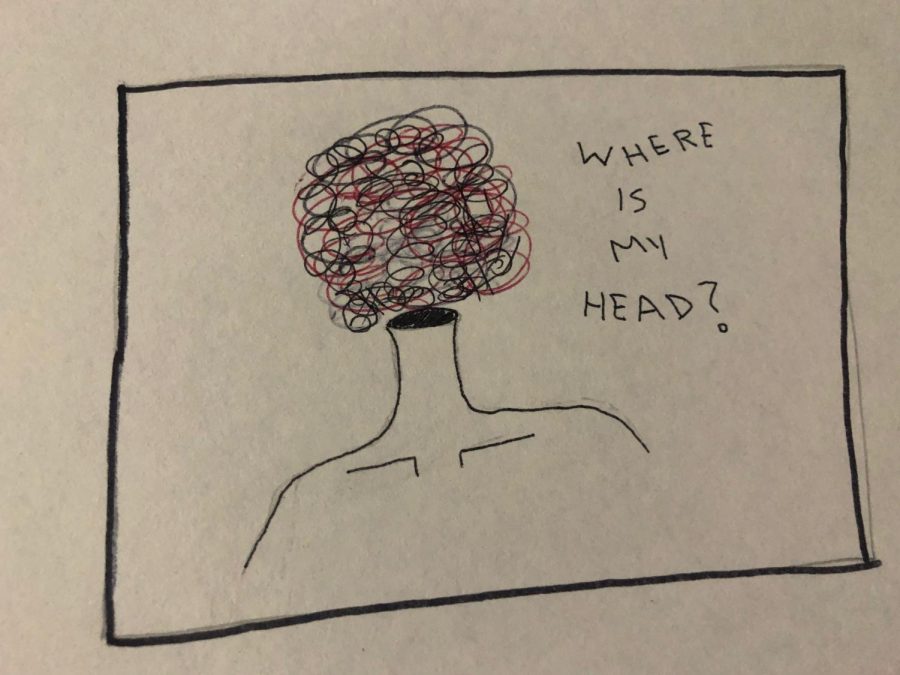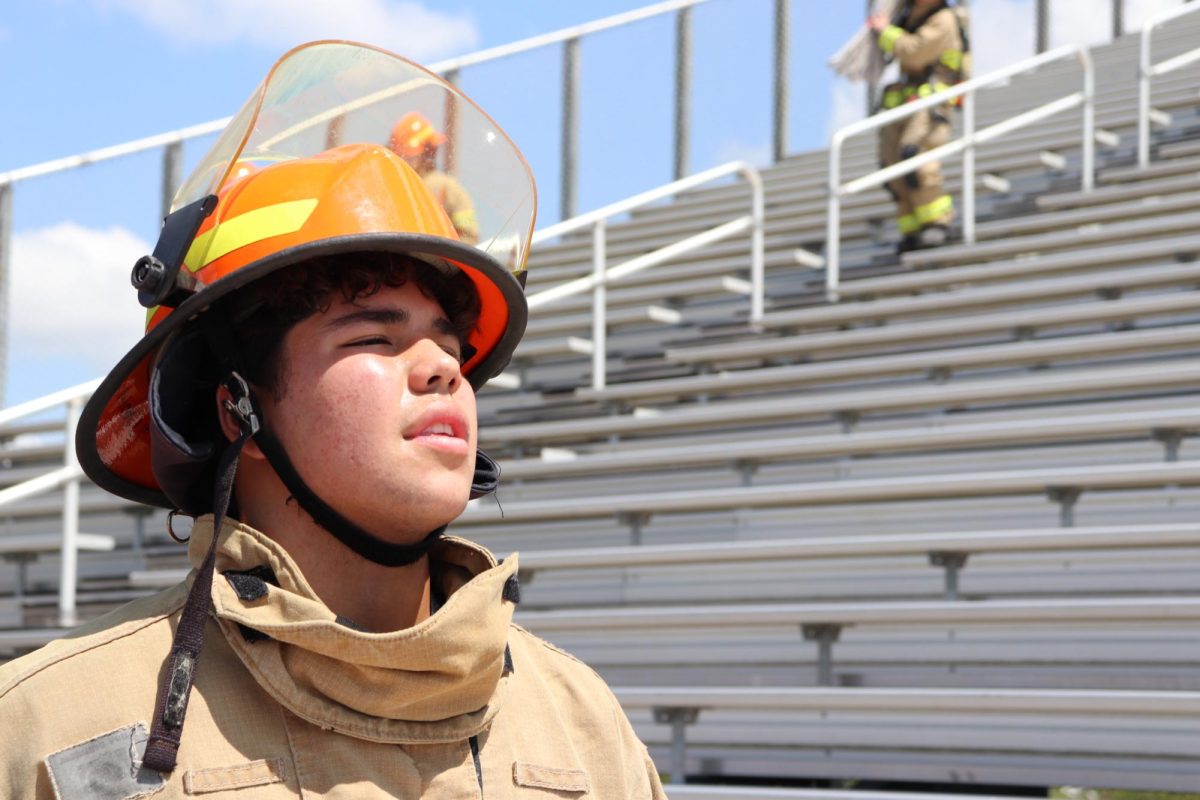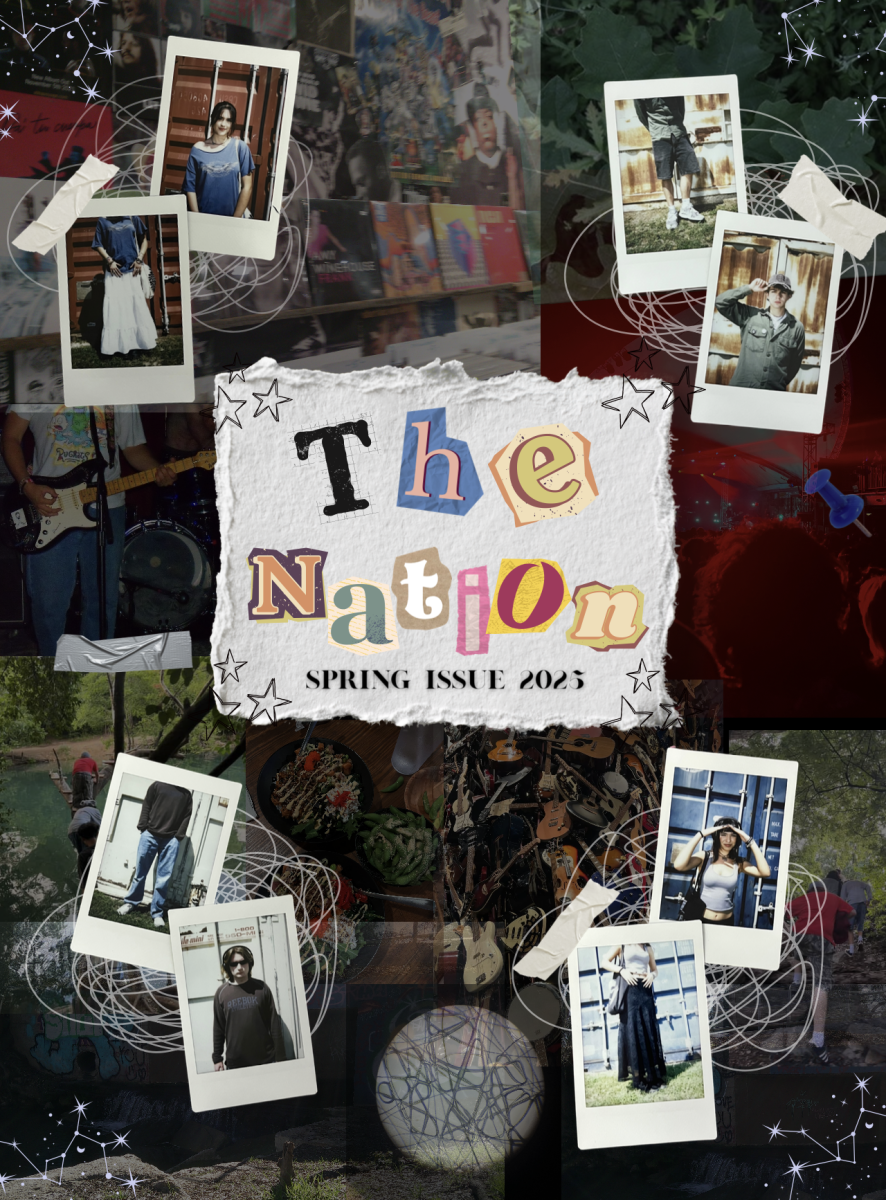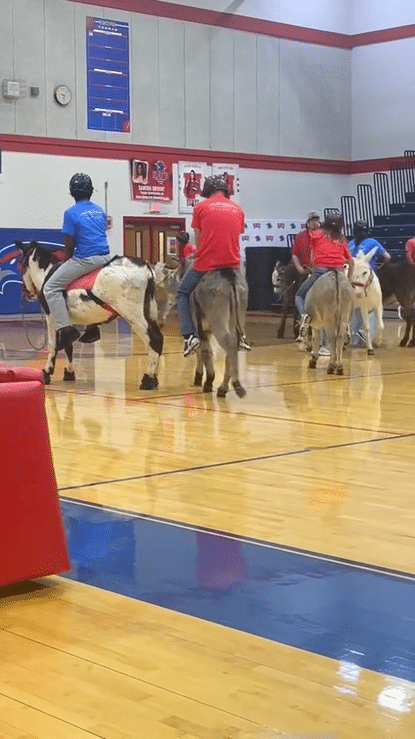Students at home
Online classes find us struggling to find balance
April 28, 2020
Quarantine is affecting thousands of students across the nation, changing up the everyday lives of many. It’s difficult to adjust to something so sudden and abrupt. We are so used to seeing our classmates face to face every day, sitting in one of those worn-out wooden desks with pencil scribbles on the surface as we participate in a class, waiting for our teacher’s next instructions. The class clown makes a side comment, laughter ripples throughout the entire classroom, the teacher rolls their eyes smiling faintly. Now, classroom teaching is a lot more different with everything done digitally and on your own time.
Boredom has become a prominent trend for teens.
Ariana Faye, 10, said she copes by developing “hyper obsessive behaviors over small things to escape mundaneness.”
Public school students are now having to learn how to manage their time and work out a schedule that works best for them, needless to say, this puts them in an even more stressful situation. In the midst of a pandemic, everything feels completely pointless, responsibilities and schoolwork pile up building a stack that seems unbearable and impossible to accomplish. A lot of people thrive on in-person interaction and the simple act of hugging a dearly beloved friend. Quarantine has made many teenagers fall into a hole of loneliness, being virtually in touch with our loved ones isn’t enough sometimes. With hours stuck at home, it is easy to find ourselves overthinking to the point of exhaustion, not having the support we need from in-person relations unmotivated us.
There is also the downside of having toxic parents, school was an escape from suffocating households and gave students a safe place to be more emotionally stable.
I went to Instagram to ask my fellow teens how they were holding up, the question being: Has quarantine taken a toll on your mental health?
The poll that I made showed that 74% of them felt like being quarantined has had a major impact of their mental health, the 26% noted that their mental health wasn’t really affected by the drastic change.
Some students are learning important lessons during this chaotic time. “We are able to be so connected and yet we are still so disconnected, it’s a synthetic connection through a screen.” Claire Evoy, 11, believes that this will give people a better appreciation for physical time spent with others, she says she will not “take those little moments for granted after this.”






